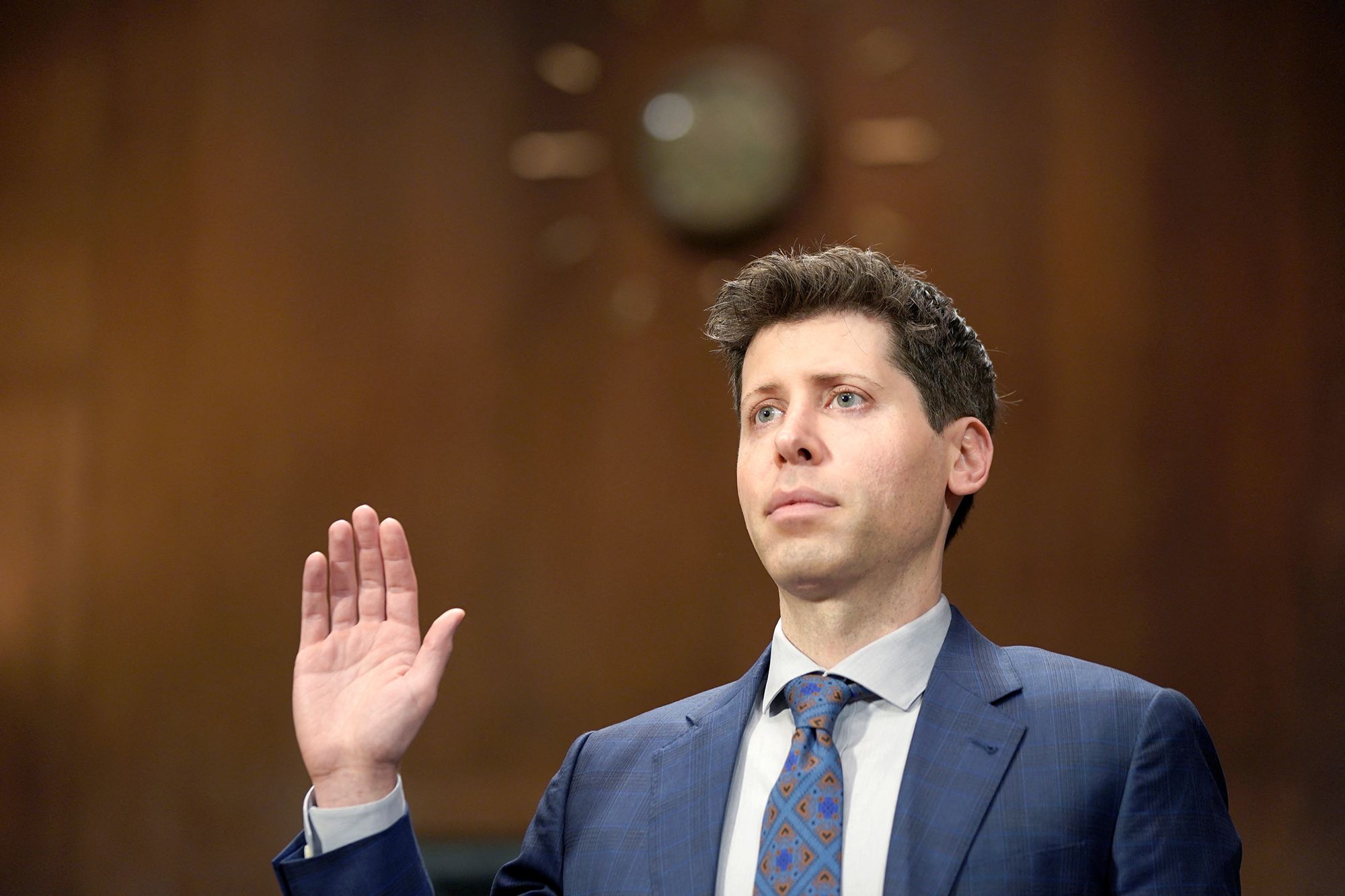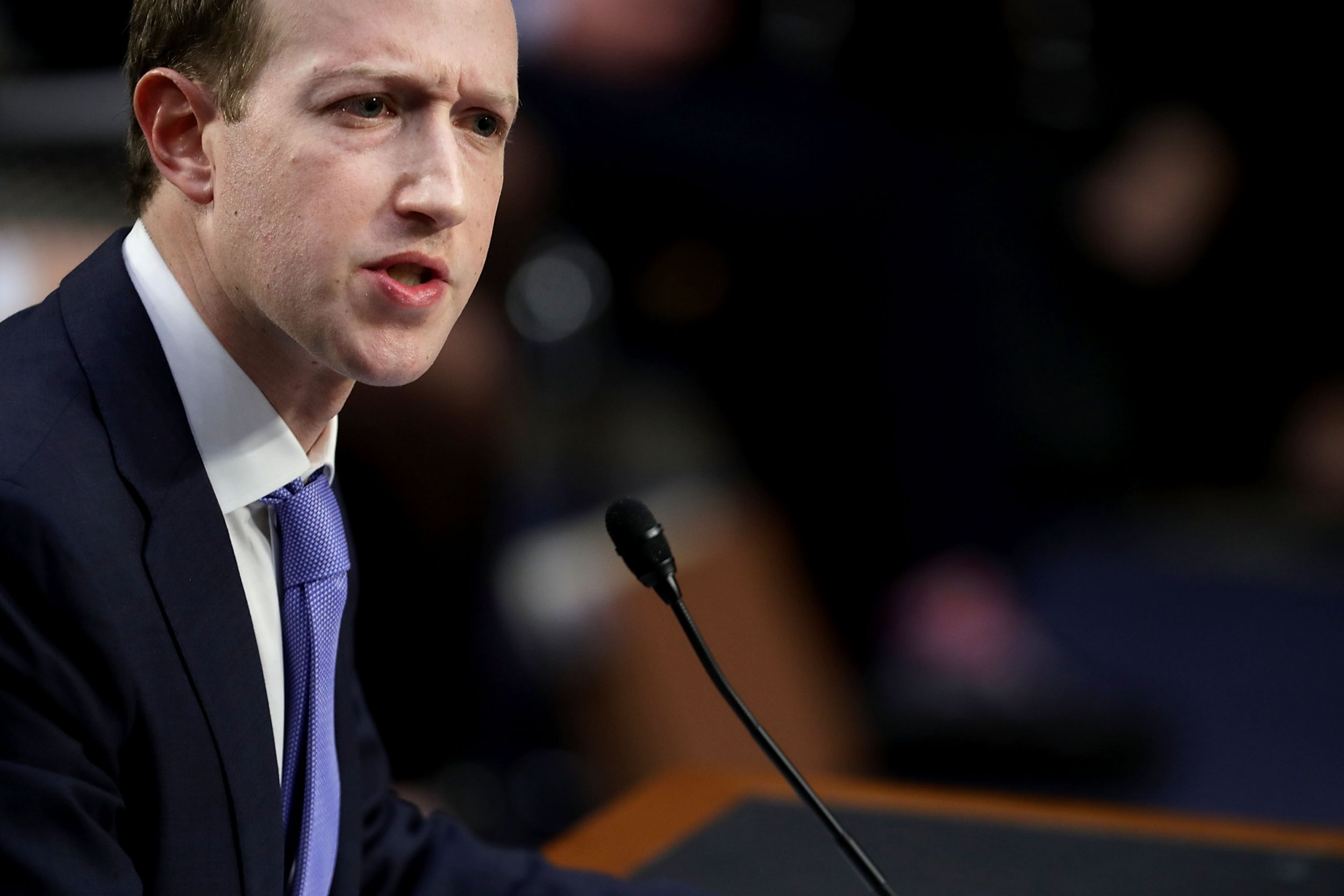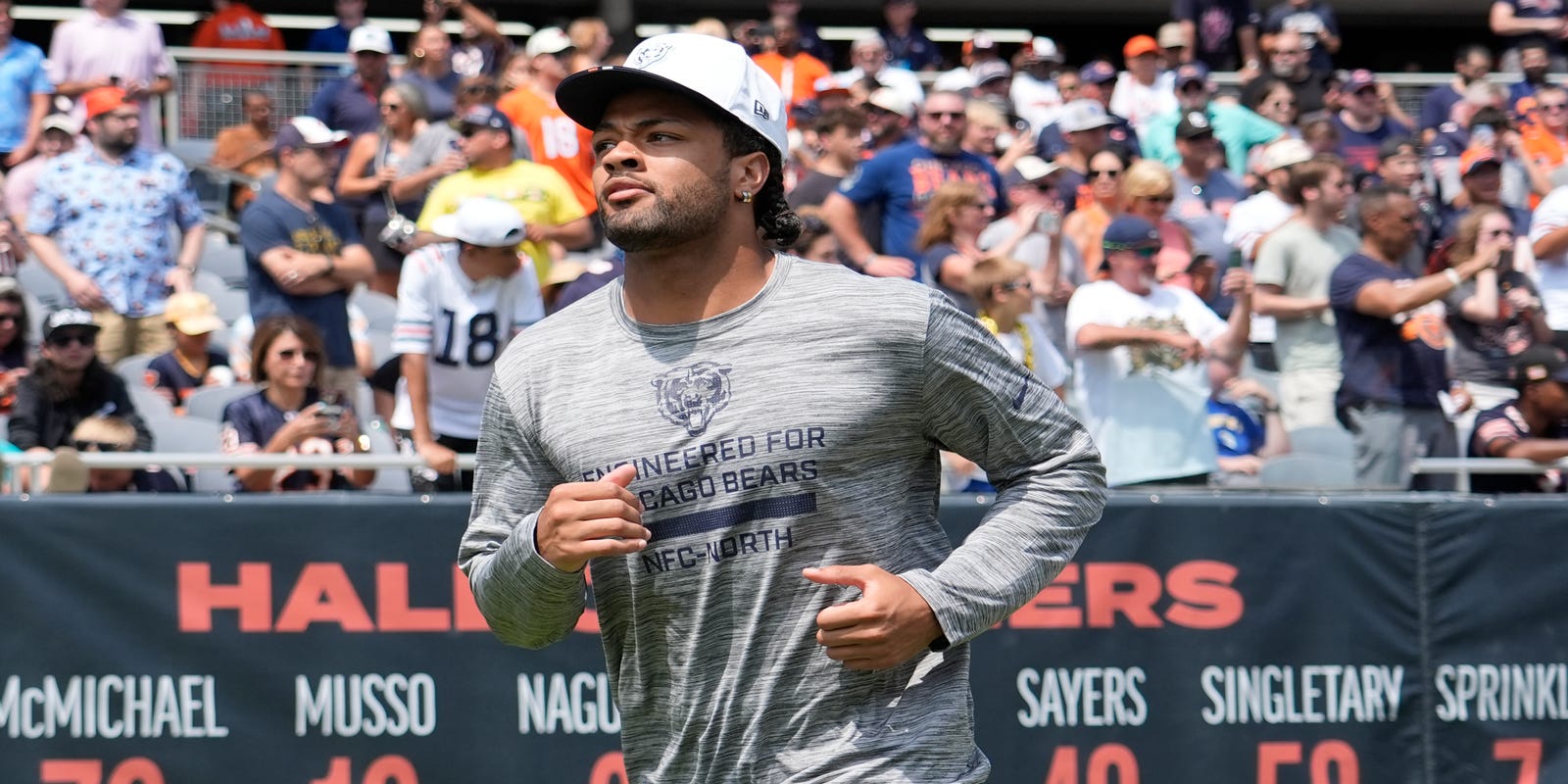
Marco Rubio’s Senate Hearing: Unraveling Complexities and Drawing Key Takeaways
Introduction
On September 27, 2023, the Senate Intelligence Committee convened a highly anticipated hearing with Marco Rubio, the Republican Senator from Florida. The hearing, which focused on the ongoing investigation into Russian interference in the 2016 US presidential election, offered a glimpse into the intricacies of the case and its potential implications.
Key Takeaways
Amidst the heated exchanges and conflicting testimonies, several key takeaways emerged from the hearing:
1. Discrepancies in Testimonies:
Rubio’s testimony differed significantly from that of other witnesses, including former FBI Director James Comey and former CIA Director John Brennan. These discrepancies raised questions about the accuracy and credibility of various accounts.
2. Partisan Divide:
The hearing highlighted the deep partisan divide surrounding the investigation. Republican members of the committee largely defended Rubio’s actions, while Democrats expressed concerns about potential bias and selective release of information.
3. Intelligence Failures:
Rubio’s testimony shed light on intelligence gathering failures prior to the 2016 election. Despite warnings from intelligence agencies, the Trump administration allegedly ignored or downplayed information about Russian interference.
Analysis of Perspectives
The hearing provided a platform for different perspectives on the investigation:
Rubio’s Defense:
Rubio defended his actions, arguing that he had acted in good faith and based on the information available at the time. He accused Democrats of politicizing the investigation and attempting to undermine the Trump administration.
Democrats’ Concerns:
Democrats expressed concerns about Rubio’s selective release of information, which they argued was intended to damage the reputation of political opponents. They also questioned the credibility of his testimony, given the discrepancies with other witnesses.
Experts’ Opinions:
Experts in intelligence law and politics weighed in on the hearing, providing insights into the implications of Rubio’s testimony. Some argued that the discrepancies raised questions about the integrity of the investigation, while others dismissed them as minor inaccuracies.
Assessment of Evidence and Sources
The evidence and sources presented at the hearing were carefully scrutinized by analysts:
- Intelligence Reports: Rubio cited intelligence reports to support his claims, but critics argued that these reports were either selectively released or misrepresented.
- Text Messages: Text messages between Rubio and other officials were presented as evidence, but their relevance and authenticity were contested.
- Expert Testimony: Experts provided conflicting testimony on the significance and implications of Rubio’s actions.
Implications and Broader Context
The hearing has significant implications for the ongoing investigation into Russian interference and the broader political landscape:
- Continued Partisan Divide: The hearing exacerbated the partisan divide, with Republicans and Democrats expressing vastly different interpretations of the evidence.
- Trust in Institutions: The discrepancies in testimonies and the allegations of selective information release have raised questions about the trustworthiness of government institutions.
- Potential Investigations: The hearing could trigger further investigations into the Trump administration’s handling of Russian interference and the actions of individual officials, including Rubio.
Conclusion
Marco Rubio’s Senate hearing was a complex and controversial event that laid bare the challenges and complexities of the ongoing investigation into Russian interference. While the hearing provided some key takeaways, it also highlighted the deep partisan divide and raised questions about the reliability of evidence and the credibility of testimonies. As the investigation continues, it is crucial to maintain a critical perspective, evaluate evidence objectively, and engage in a constructive dialogue to fully understand the implications of these events on the nation’s democracy.



